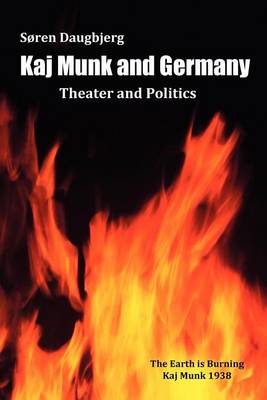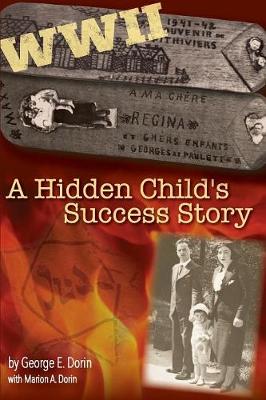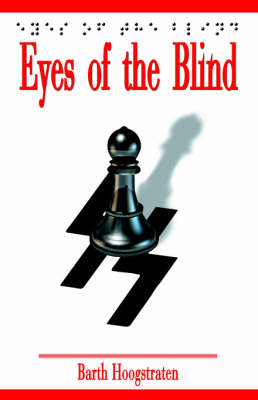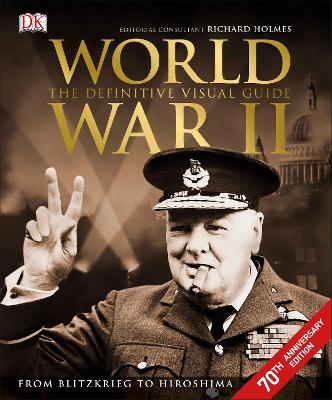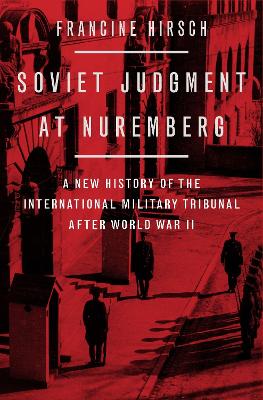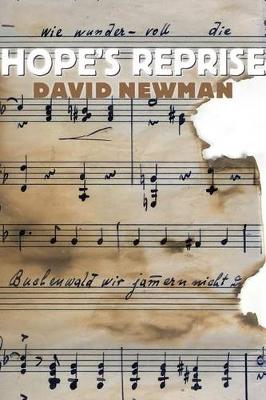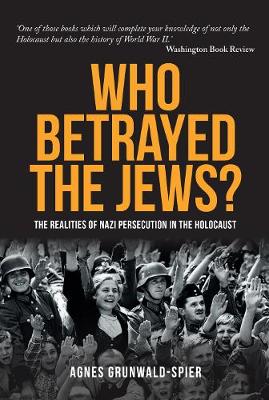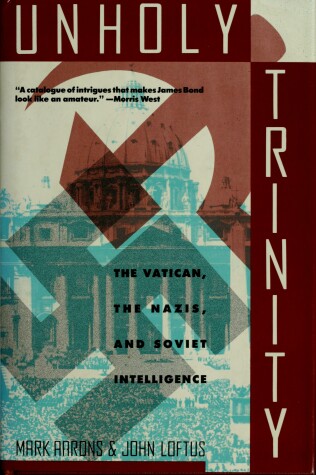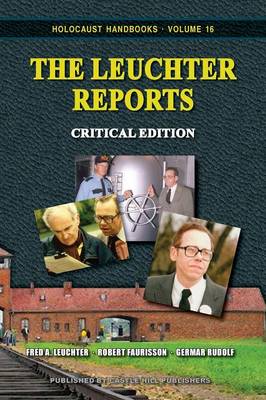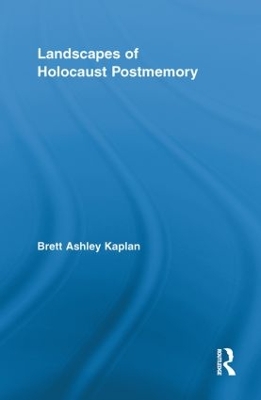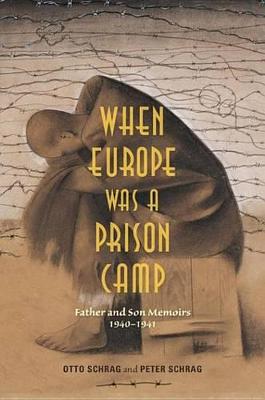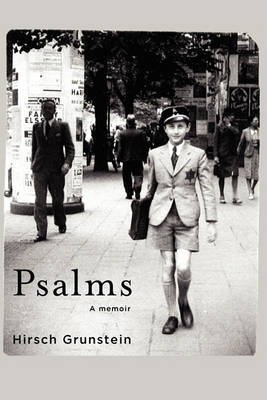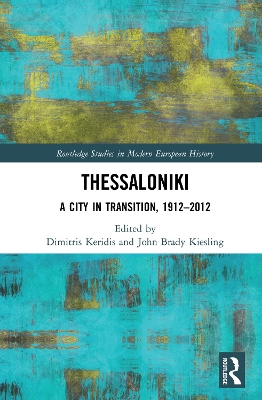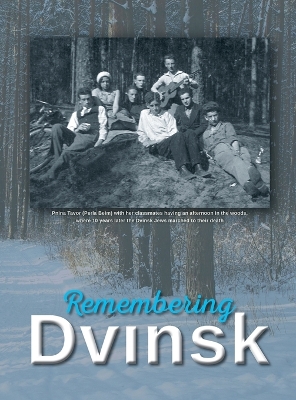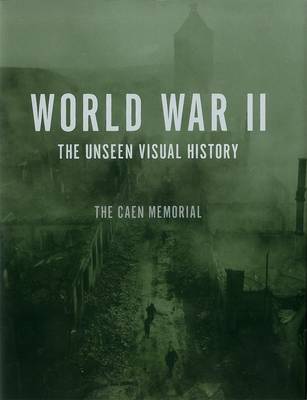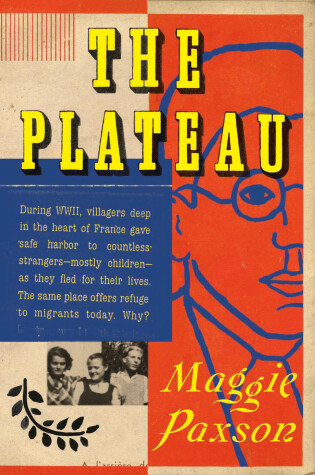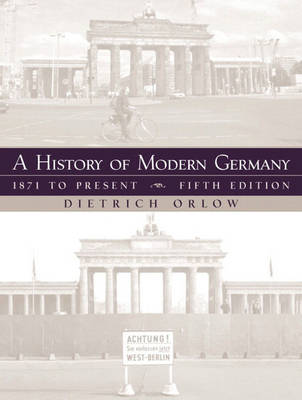Explore the causes and consequences of one of the largest wars, not just of the 20th Century, but in humankind's history. Written in association with the Smithsonian Museum.This 70th-anniversary edition explores World War II events as you have never seen before - The people, the places, and the politics. This edition commemorates those who lost their lives, and to remind us "never again". This authoritative and comprehensive reference book covers the Second World War, beginning with the Great W...
Organized in the immediate aftermath of World War Two by the victorious Allies, the Nuremberg Trials were intended to hold the Nazis to account for their crimes - and to restore a sense of justice to a world devastated by violence. As Francine Hirsch reveals in this immersive, gripping, and ground-breaking book, a major piece of the Nuremberg story has routinely been omitted from standard accounts: the part the Soviet Union played in making the trials happen in the first place. Soviet Judgment...
Hope's Reprise (The Azrieli Holocaust Survivor Memoirs, #35)
by David Newman
Who Betrayed the Jews? is a groundbreaking study that examines the various ways Jews were betrayed by their fellow countrymen during the Holocaust. In many cases they regarded themselves as a person of their nation first and a Jew second, so persecution came as a terrible shock to them. Many had fought for their country in the First World War, but this offered very little protection - not even for those awarded Germany's Iron Cross. They were forced out of their professions and universities. The...
The Leuchter Reports (Holocaust Handbooks, #16) (Holocaust Handbook, #16)
by Fred a Leuchter, Robert Faurisson, and Germar Rudolf
Landscapes of Holocaust Postmemory (Routledge Research in Cultural and Media Studies, #29)
by Brett Ashley Kaplan
How do the spaces of the past stay with us through representations-whether literary or photographic? How has the Holocaust registered in our increasingly globally connected consciousness? What does it mean that this European event is often used as an interpretive or representational touchstone for genocides and traumas globally? In this interdisciplinary study, Kaplan asks and attempts to answer these questions by looking at historically and geographically diverse spaces, photographs, and texts...
Okumenische Solidaritat Mit Christlichen Und Judischen Verfolgten
by Uta Gerdes
The CIMADE, a relief action committee of protestant youth organisations in France, lent it's aid to those, who were persecuted by the Vichy-regime between 1940 and 1944. With the assistance of the World Council of Churches in Geneva the members of CIMADE went into internment camps in the south of France. When the first deportation trains even left the south of France for Auschwitz, CIMADE helped hundreds of people who were threatened by death to escape to Switzerland.
In a compelling approach to storytelling, When Europe Was a Prison Camp weaves together two accounts of a family's eventual escape from Occupied Europe. One, a memoir written by the father in 1941; the other, begun by the son in the 1980s, fills in the story of himself and his mother, supplemented by historical research. The result is both personal and provocative, involving as it does issues of history and memory, fiction and "truth," courage and resignation. This is not a "Holocaust memoir." T...
Arisierung und RA"ckstellung von Apotheken in Asterreich
by Alfred Fehringer
Thessaloniki (Routledge Studies in Modern European History)
This book shares the conclusions of a remarkable conference marking the centennial of Thessaloniki’s incorporation into the Greek state in 1912. Like its Roman and Byzantine predecessors, Ottoman Salonica was the metropolis of a huge, multi-ethnic Balkan hinterland, a center of modernization/westernization, and the de facto capital of Sephardic Judaism. The powerful attraction it exerted on competing local nationalisms, including the Young Turks, gave it a paradigmatic role in the transition fro...
Assembles a unique and rich trove of historical images and artefacts of World War II, collected in Caen - one of the French cities devastated by the pivotal conflict. Including imagery that has never before been available to readers outside France, as well as a concise historical atlas - replete with full-colour maps, rare colour photographs, period artwork, timelines and reproductions of fascinating letters, documents and historical objects - this beautiful and cutting-edge history offers a com...
Winner of the American Library in Paris Book Award Named a Best Book of 2019 by BookPage During World War II, French villagers offered safe harbor to countless strangers—mostly children—as they fled for their lives. The same place offers refuge to migrants today. Why? In a remote pocket of Nazi-held France, ordinary people risked their lives to rescue many hundreds of strangers, mostly Jewish children. Was this a fluke of history, or something more? Anthropologist Maggie Paxson, certainties s...
For undergraduate junior/senior level courses in German history. Covering the entire period of modern German history-from nineteenth century imperial Germany right through 2001-this well-established text engages students with its narrative, problem-focused approach, presenting a balanced, general survey of the country's political division in 1945 and reunification in the present. Detailing foreign policy as well as political, economic, and social developments, it presents a central theme of the...
